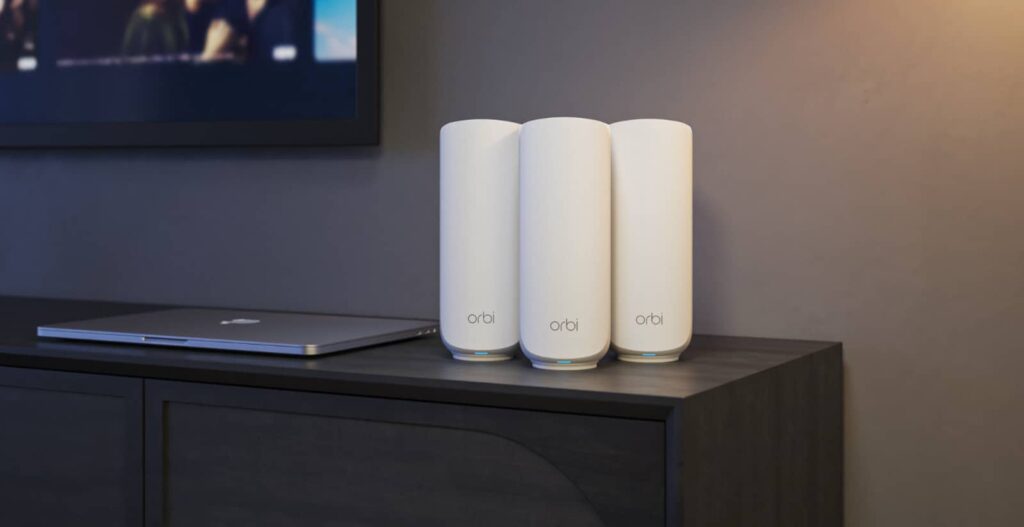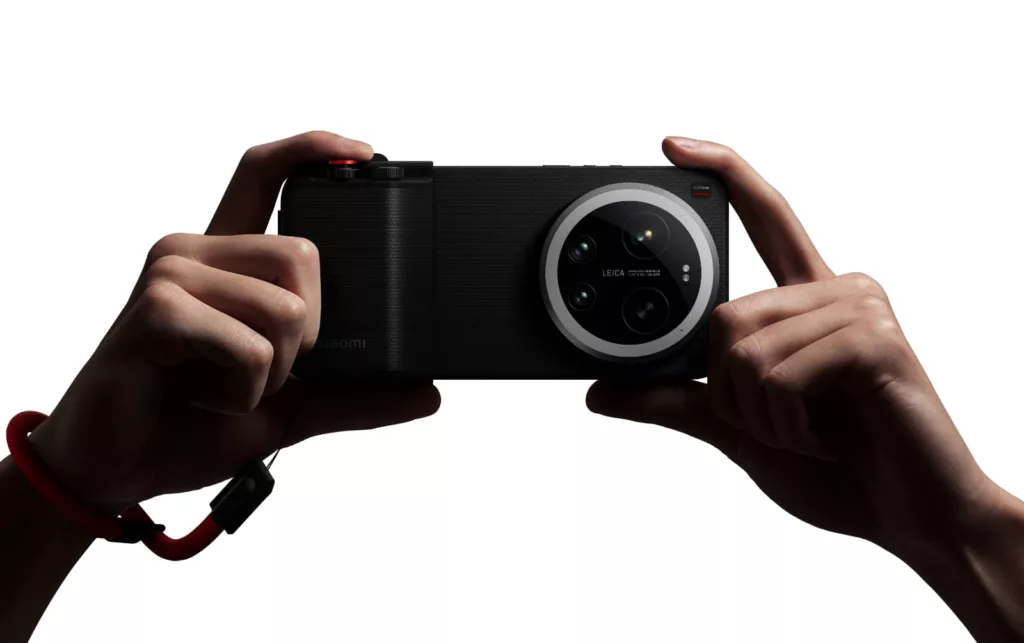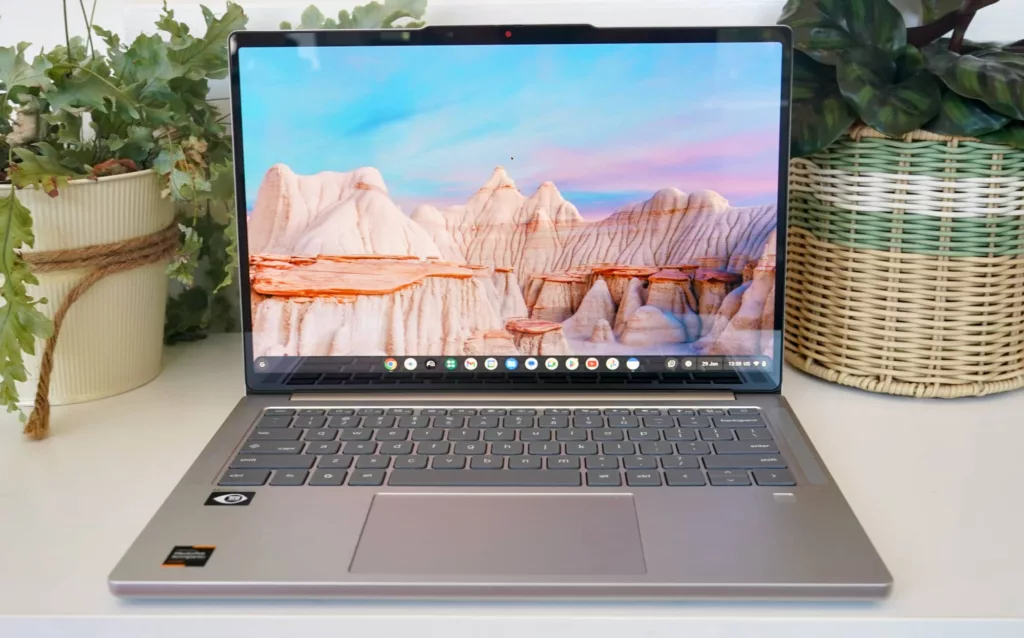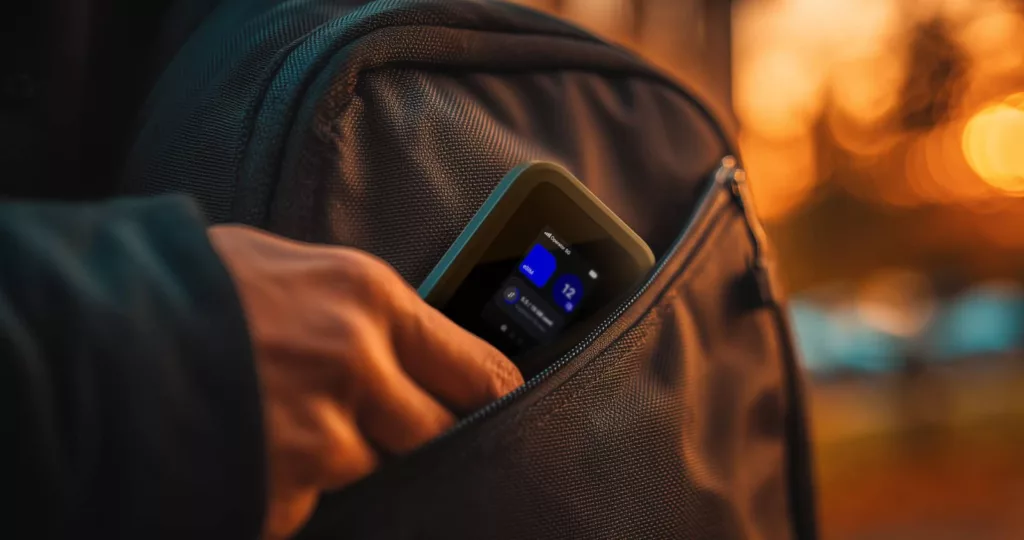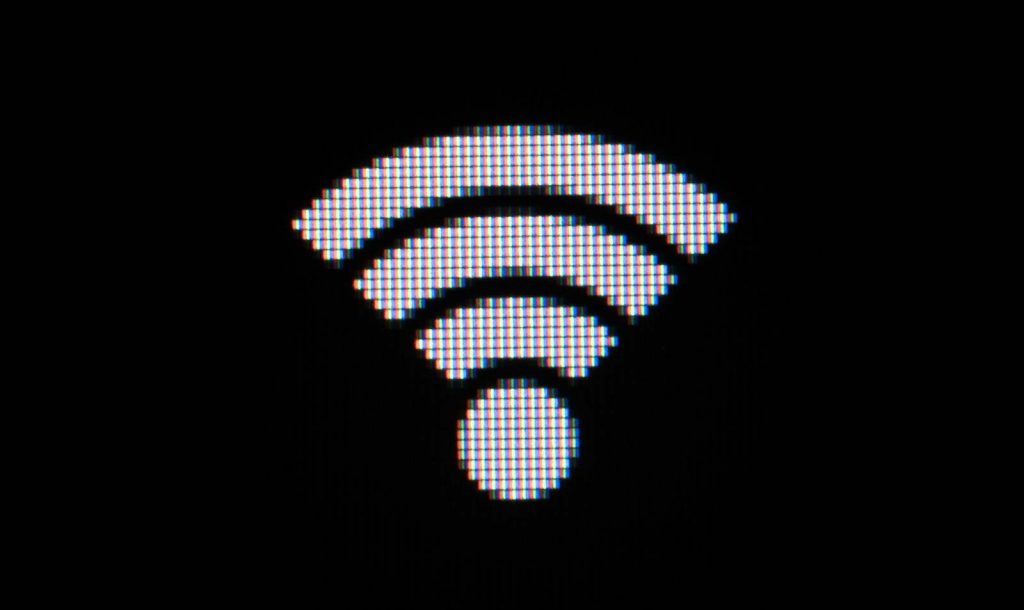One of the biggest complaints we hear from readers and listeners has to do with WiFi: why is it that so many people have such mediocre WiFi?
The answer is complex, but often stems from the type of router in their home.
A gadget usually supplied by an internet provider, the WiFi router you get with an internet connection is one that can do the job for a few devices, but may not cover everything in your life. An older router will only be able to handle some of the gadgets you use, but as more come into your life, the system will hit its breaking point.
Worse, that supplied router may not use recent wireless standards, and as you buy more gadgets and more modern gadgets, the speed can feel slow.
The latest phones, tablets, and computers tend to rely on WiFi 6E and WiFi 7, technologies boasting more range and speed, but they can also come with hefty price points.
In the past year, we’ve seen WiFi 7’s price fall from its introduction of $4K down to below the thousand-dollar mark, but it still has room to move, particularly when you mix it with mesh networking, a technology that creates a sort of Venn diagram of WiFi activity.
Netgear’s Orbi looks to be changing that, offering a new option in the range designed to bring the cost of mesh WiFi 7 to below the $500 mark.
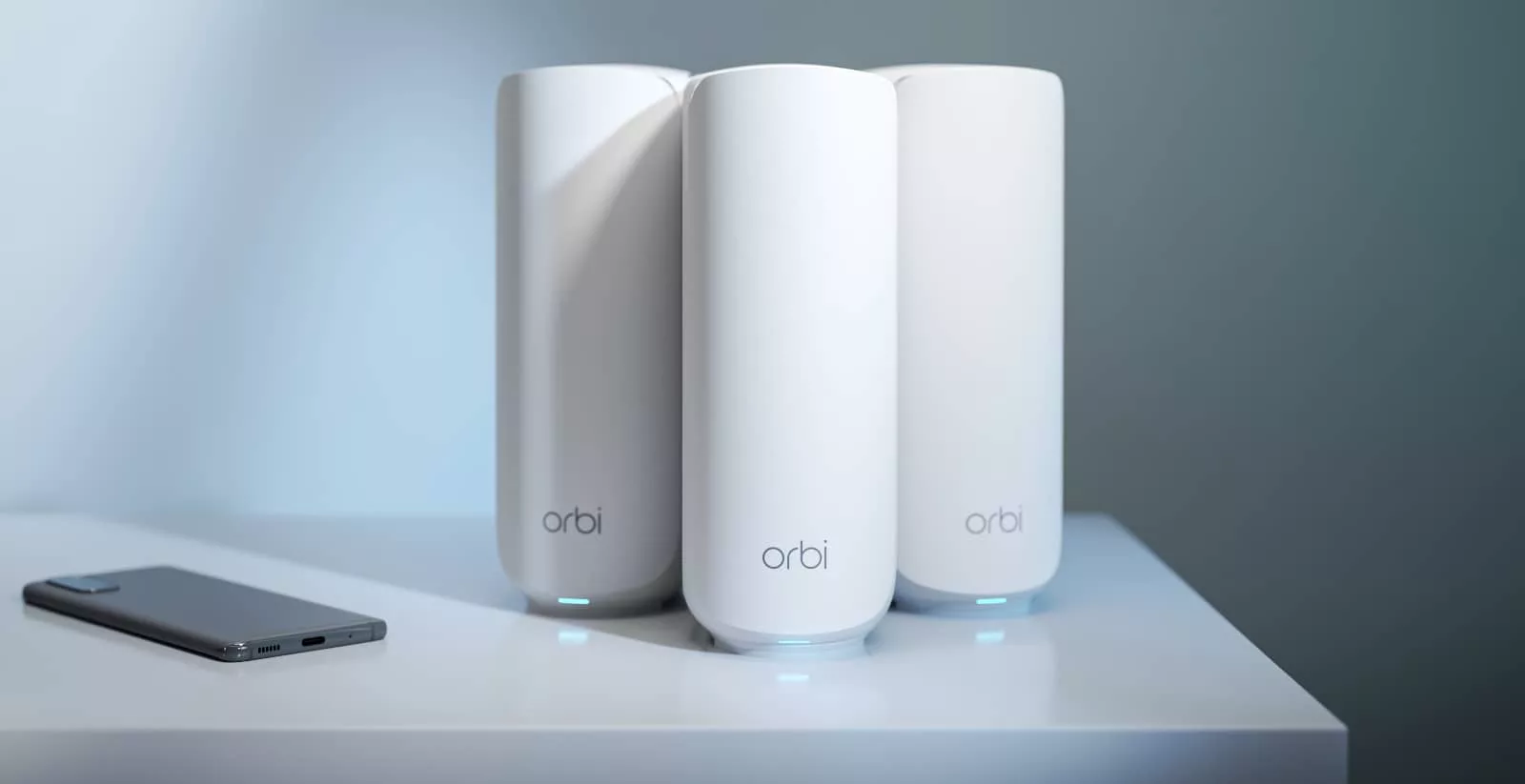
The newly announced Orbi 370 brings two mesh WiFi 7 routers to a $459 price point in Australia, offering up to 3.6Gbps of wireless speed and bandwidth across a range of up to 360 square metres. Technically, that covers up to 70 devices, though realistically, 3600Mbps is more likely to be a little tighter in what’s connecting to it, bringing the number closer to 20 to 30.
To get to this point, Netgear has had to move to a dual-band WiFi system, using a 2.4GHz band for the slower devices and a 5GHz for the faster ones, and skipping over the extra 6GHz band commonly found in the WiFi 7 arsenal (also skipping the extra second 5GHz Netgear uses in its flagship Orbi 970’s WiFi 7 router).
The result aims to be a less expensive take on WiFi 7 with just enough speed and coverage for people who want a whole-house approach to modern WiFi, but who may not need the fastest speeds around.
“With the Orbi 370 Series, we’re making next-generation WiFi more accessible than ever for today’s connected families,” said Jonathan Oakes, Senior Vice President and General Manager of Home Networking at Netgear.
“We designed this system in response to the growing demand for reliable and trusted WiFi connectivity,” he said.
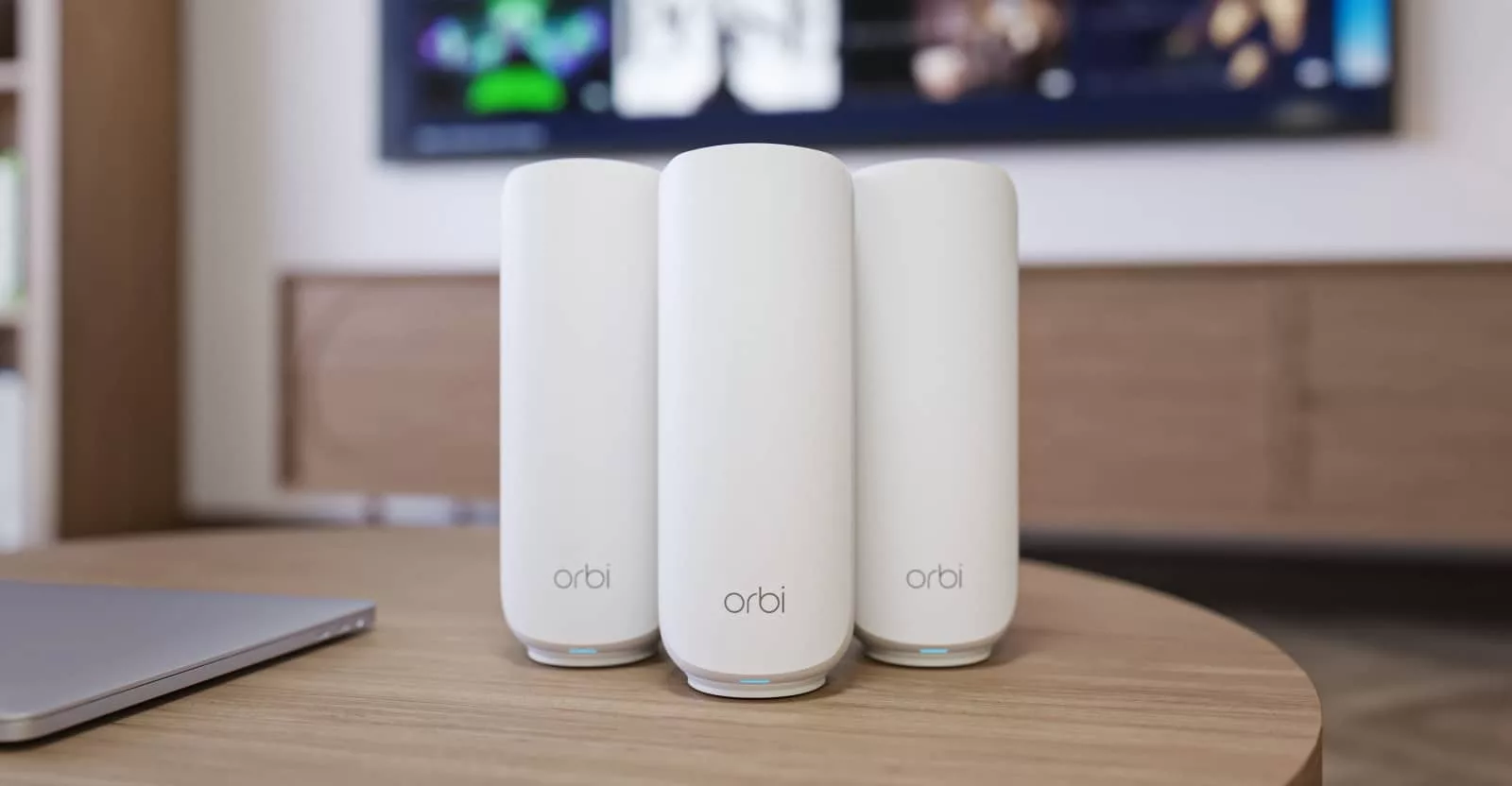
The router system also includes a 2.5Gbps Ethernet port making it practically ready for the high-speed NBN upgrades internet providers have been boosting home speeds with since September, as well as 30 day trials of router-based security and router-based parental controls, additions Netgear charges extra for.
The whole thing is backwards compatible with older technologies, supporting 802.11ax WiFi 6/6E, 802.11ac WiFi 5, and 802.11n WiFi 4, standards that we’ve committed to memory for some reason or another that older phones, laptops, and other devices may use.
Australians can expect to find a two-pack Orbi 370 with one router and one satellite for $459, with an extra second satellite for expanding the mesh costing $229 or available in a three-pack for $649.


